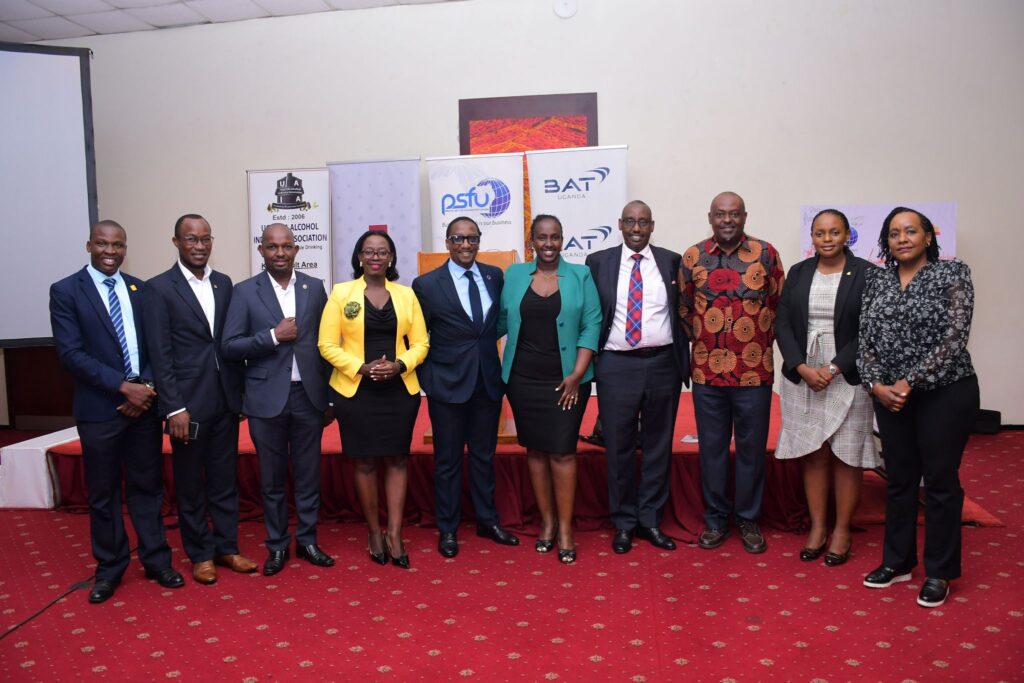
Today, Private Sector Foundation Uganda and PwC Uganda launch a report on the Study of the Impact of Digital Tax Stamps in the Manufacturing Sector at the Kampala Sheraton Hotel.
According to the report, there has been an increase in operational expenses incurred by manufacturers equivalent to an average of 16% of their Local Excise Duty obligations, hampering the growth and expansion of businesses. In addition, 56% of the manufacturers registered an increase in the cost of production and 50% of them reported diminished profitability.
“The implementation of DTS led to a significant increase in the cost of operations for most manufacturers. These costs include the procurement of hardware, software, and infrastructure required for DTS compliance. These upfront investments have posed significant financial challenges for manufacturers, particularly Small and Medium Enterprises (SMEs) with limited capital resources,” reads part of the report.
While launching the DTS impact study report, Executive Director PSFU Stephen Asiimwe said most of the costs incurred are absorbed by the manufacturers and not passed on to the final consumers, for fear of the impact on consumer demand.
This, he noted, has led to business closure in some businesses some of which were our peers in alcoholic beverages manufacturing. According to Uganda Alcohol Industry Association, some of the companies that have ceased operations due to high DTS costs include Global Distillers, Four-Star Beverages, Parambot Distillers, Gama Distillers, Kasese Distillers and London Distillers among others.
Andrew Itambo Kilonzo, the Managing Director at Uganda Breweries Limited called for a review of the implementation framework of DTS to achieve the best system at the least cost possible; as well, as a mechanism established for manufacturers and importers to recover incurred expenses.
“For UBL particularly, the cost of installation has been significant as both a machine and manpower are used to print and affix the digital tax stamps on the different range of product. The government must ensure that the implementation of Digital Tax Stamps does not disproportionately burden small-scale producers or consumers.” He noted.
The report recommended that government revisits legislation on DTS, reduces costs of implementation and moot alternative service providers to eliminate monopoly.
The Uganda Revenue Authority Commissioner General John Musinguzi Rujoki welcomed the findings of the report and pledged to work with stakeholders in the Ministry of Finance to action the recommendations to enable business continuity as manufacturing is a crucial sector in the National Development Plan.







